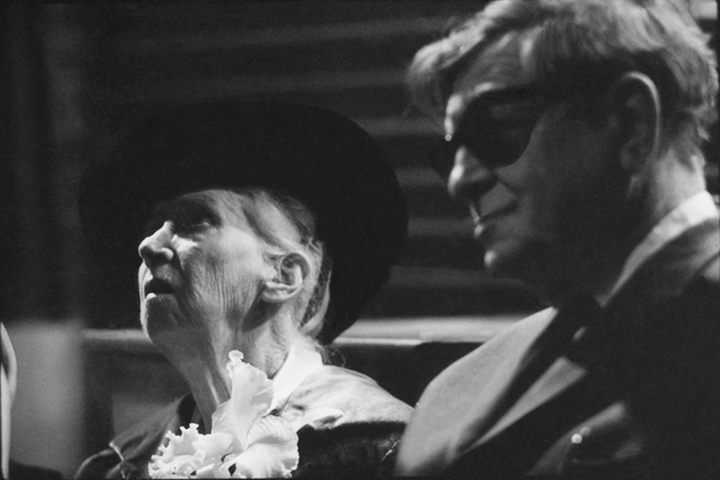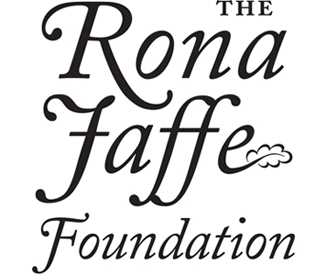Man Booker Prize Announces Global Expansion
Starting next year, the London–based Man Booker Prize—whose 2013 winner will be announced next week—will be expanded to include all books written in English.
The prize has been given since 1969 for books of fiction written by a citizen of the United Kingdom, the British Commonwealth, or the Republic of Ireland. The expansion will make all books written and published in English, by authors from any country, eligible for nomination.
While the announcement, made last week on the Man Booker website by Foundation Chair Jonathan Taylor, has drawn a flurry of mixed reviews, the Foundation insists that by expanding the prize it will be “embracing the freedom of English in its versatility, in its vigour, in its vitality and in its glory wherever it may be. We are abandoning the constraints of geography and national boundaries.”
Eligible books must still be published in the United Kingdom, and UK publishers must submit titles for consideration. A few other submission guidelines have also changed.
The 2013 shortlist, which was announced in September, was chosen from a longlist released in July. The winner, who will be announced on October 15, will receive 50,000 British pounds, or approximately $75,000.
The Man Booker Foundation has also partnered with Apple to host a series of free podcasts featuring readings and interviews with the shortlisted authors.






 The Rona Jaffe Foundation Writers’ Awards program was established by author
The Rona Jaffe Foundation Writers’ Awards program was established by author